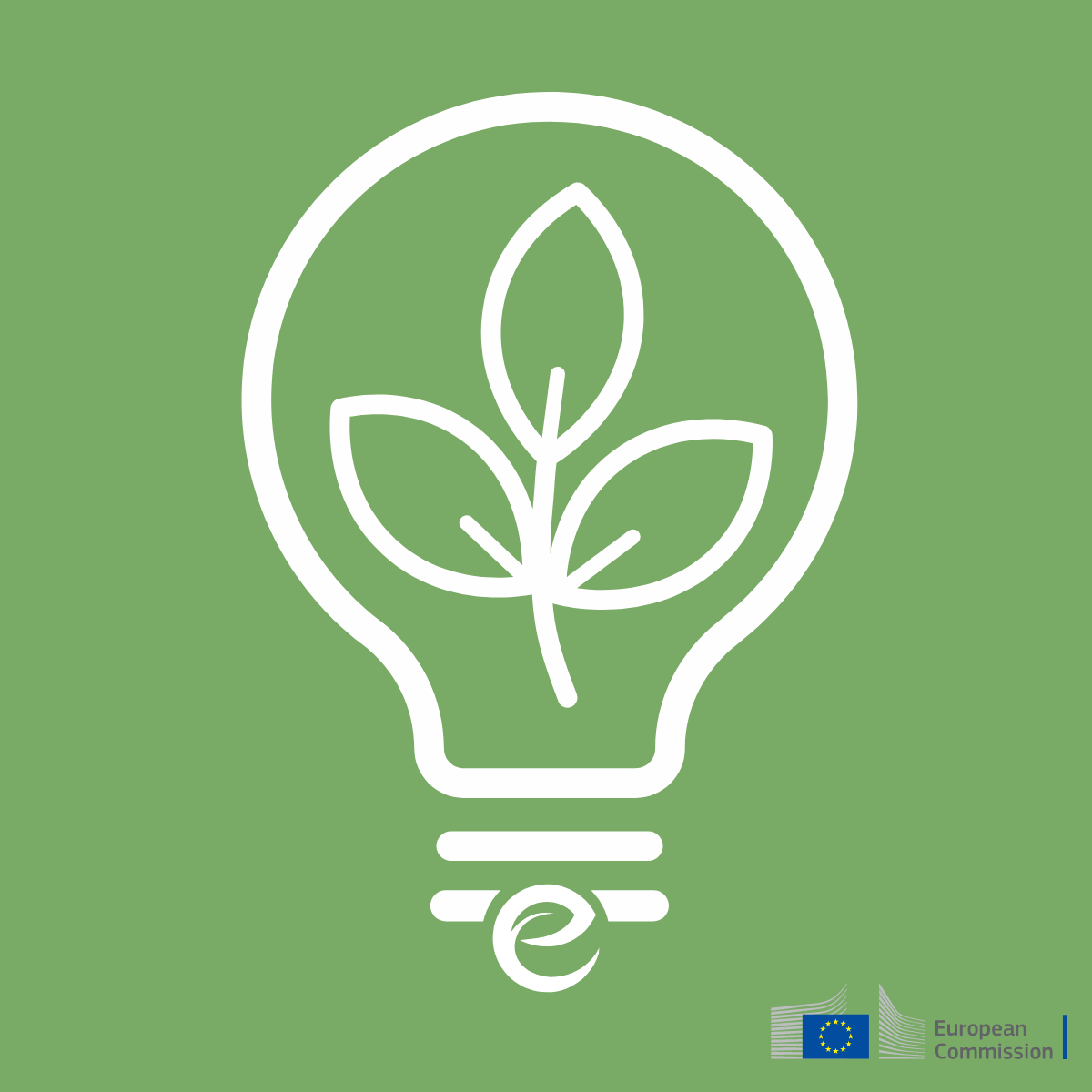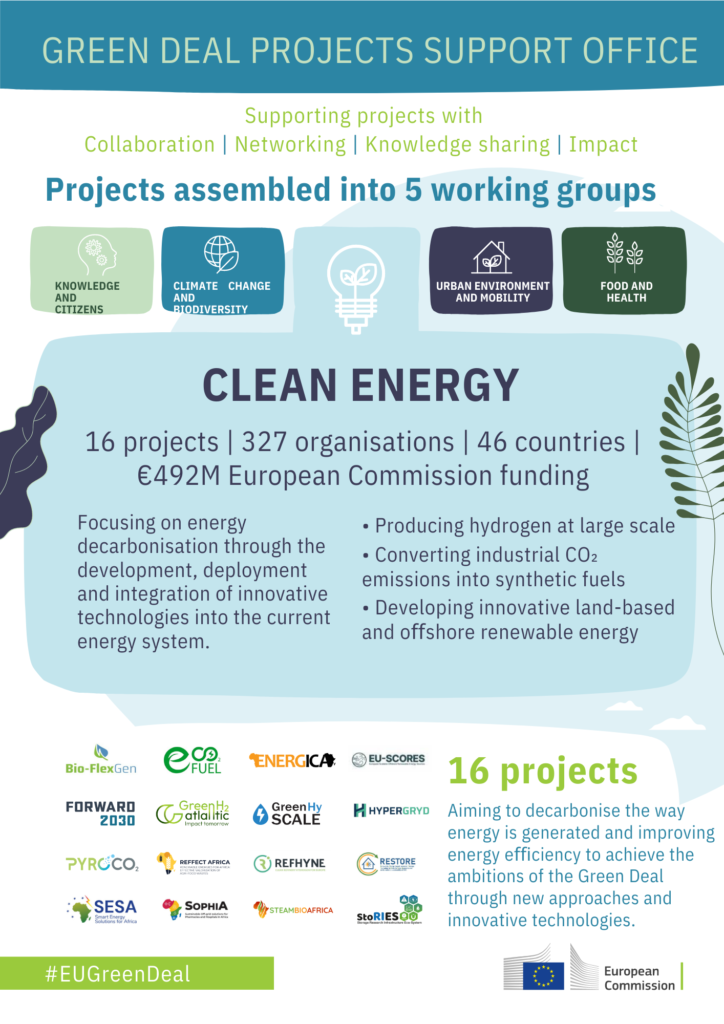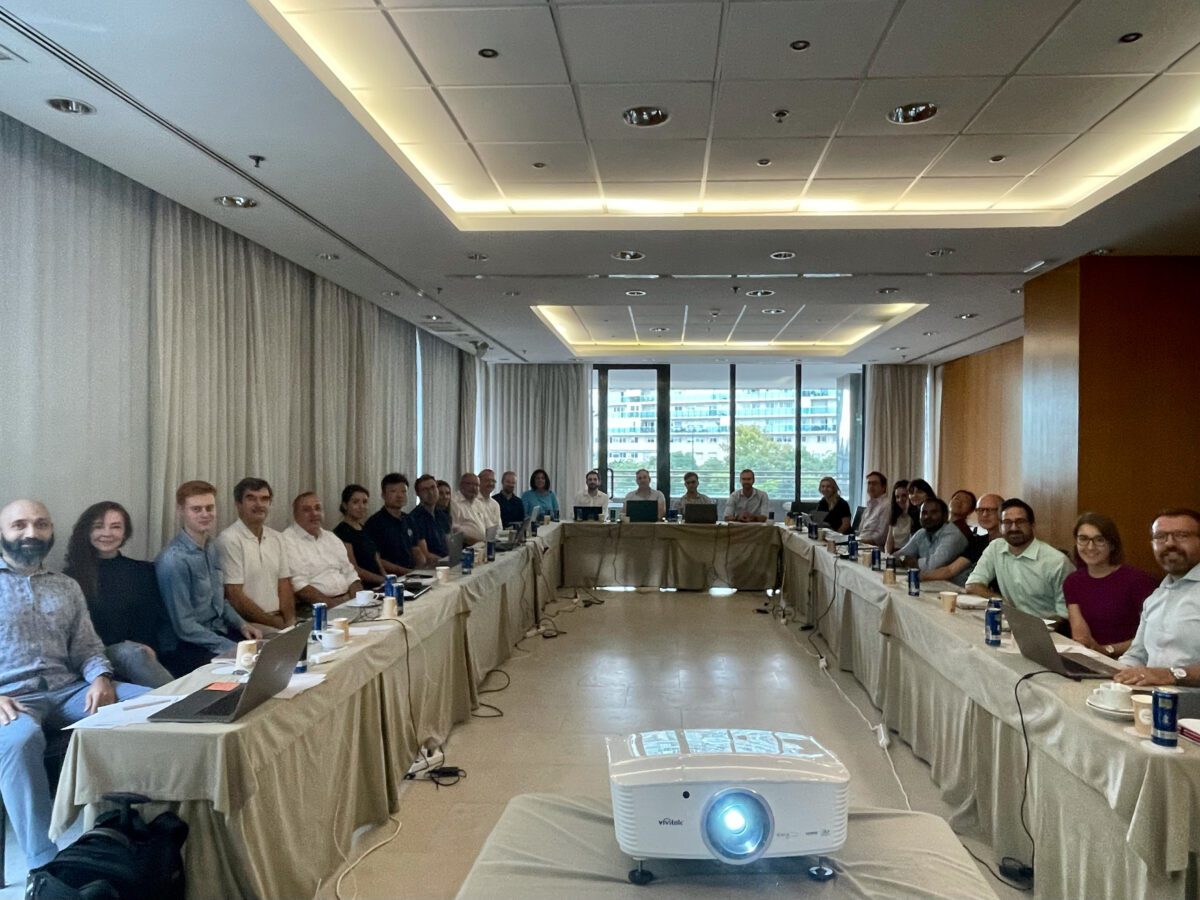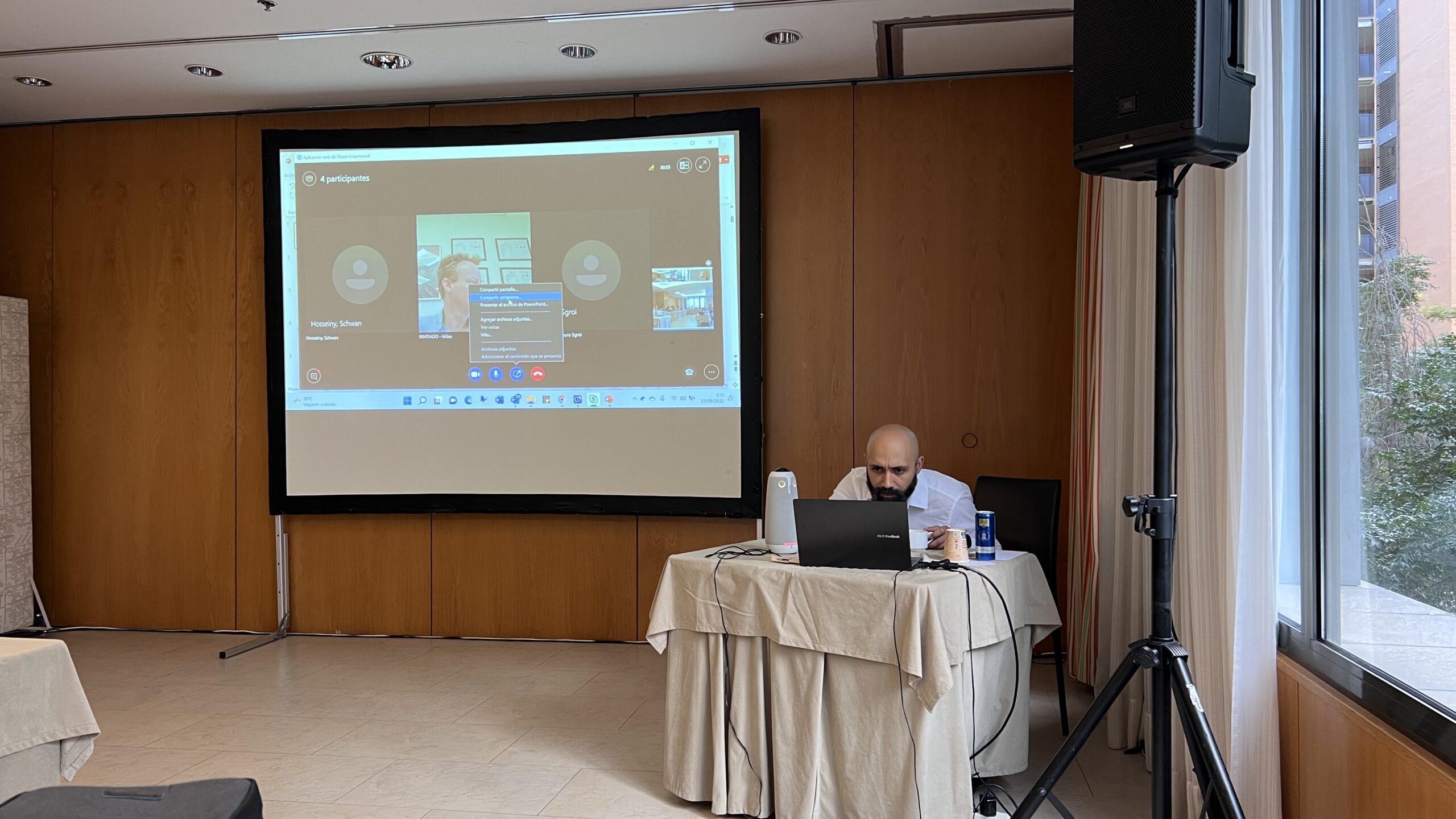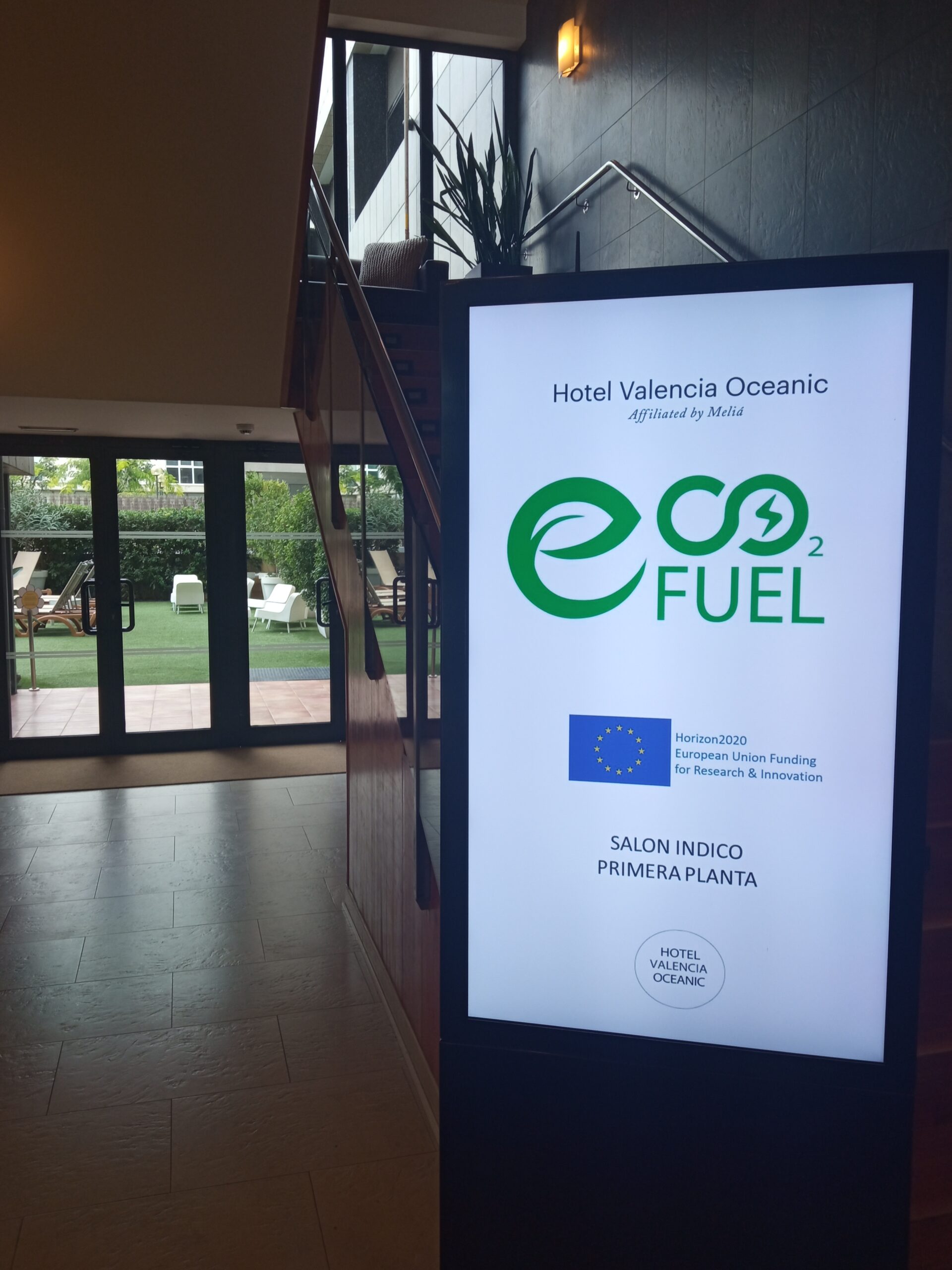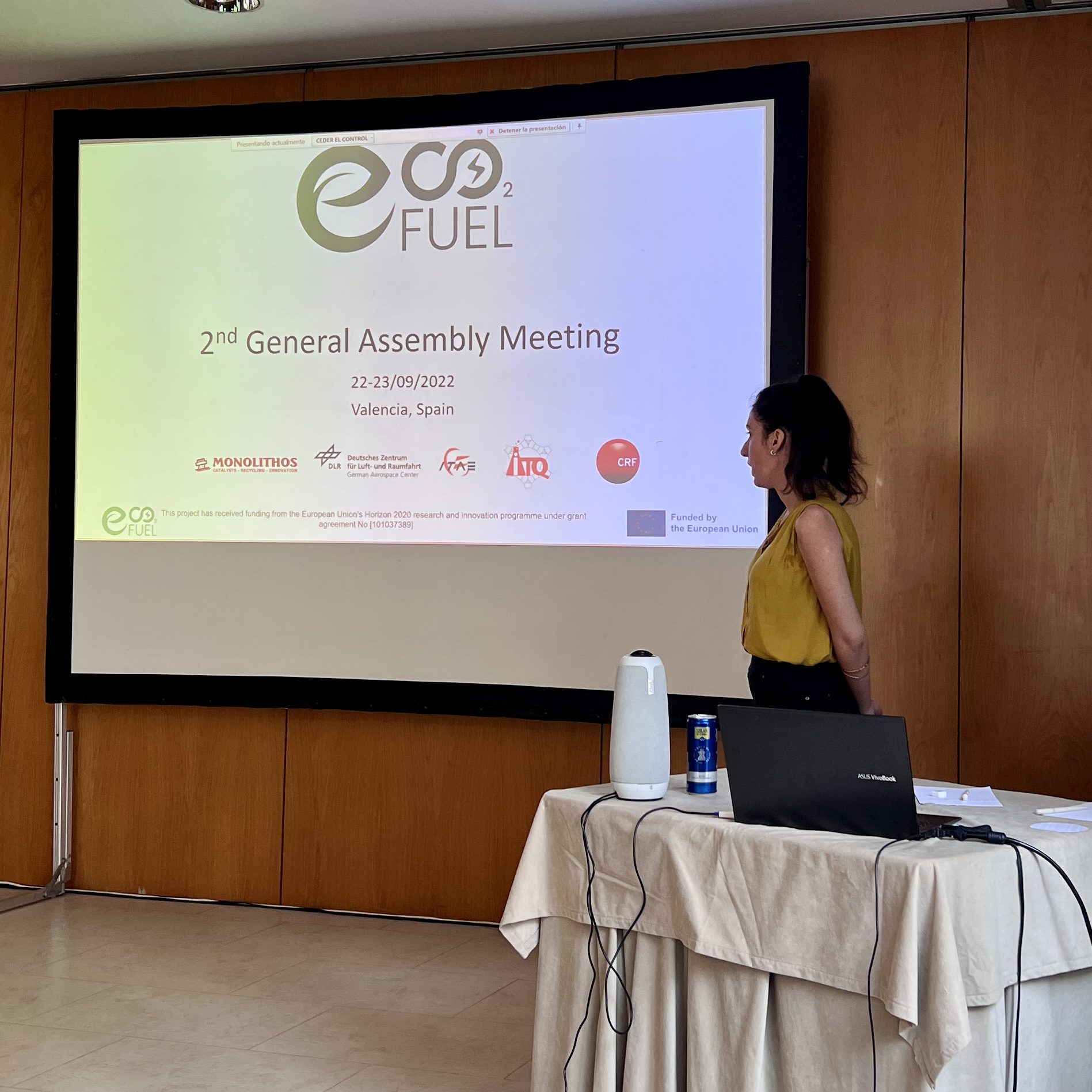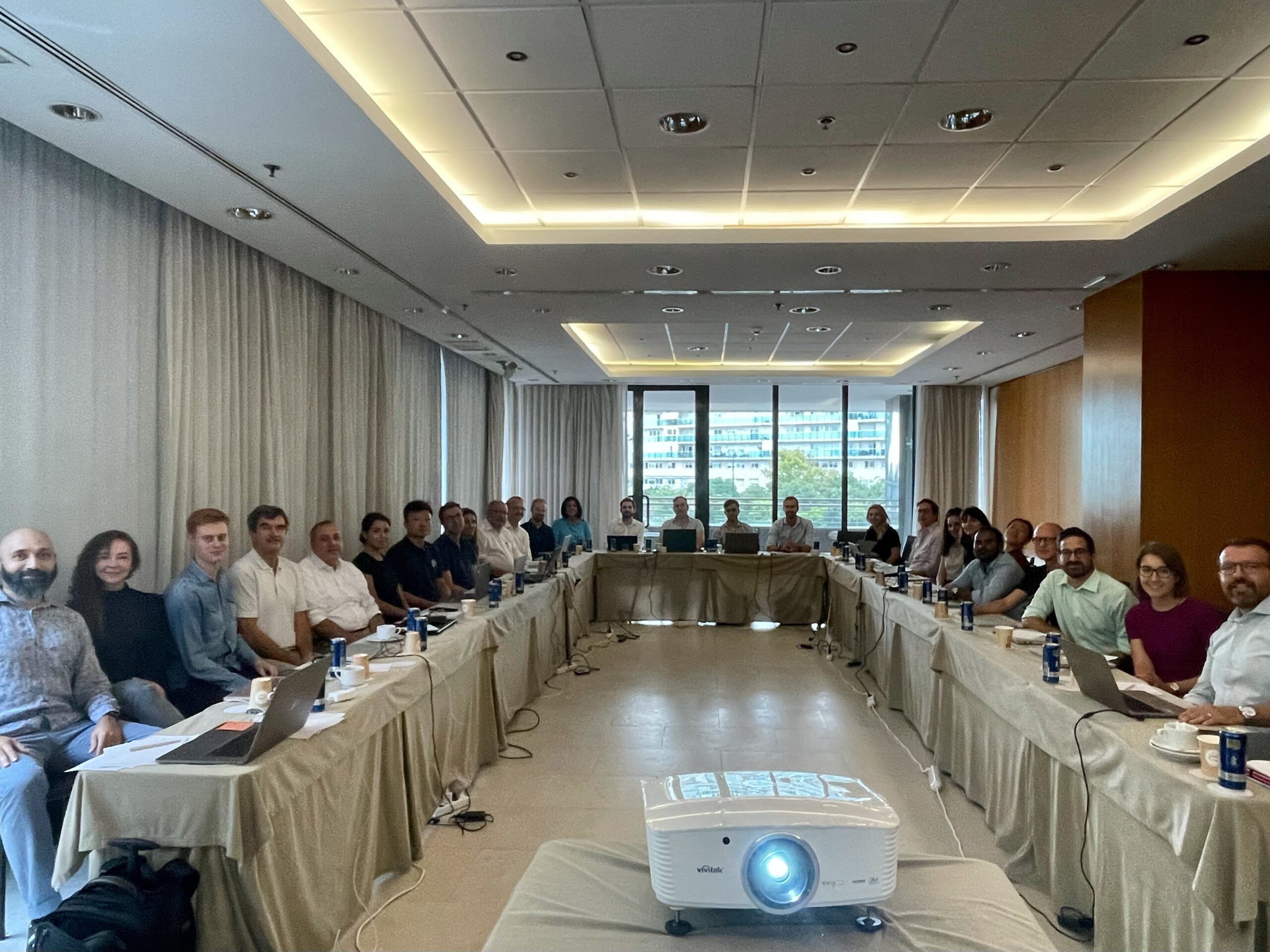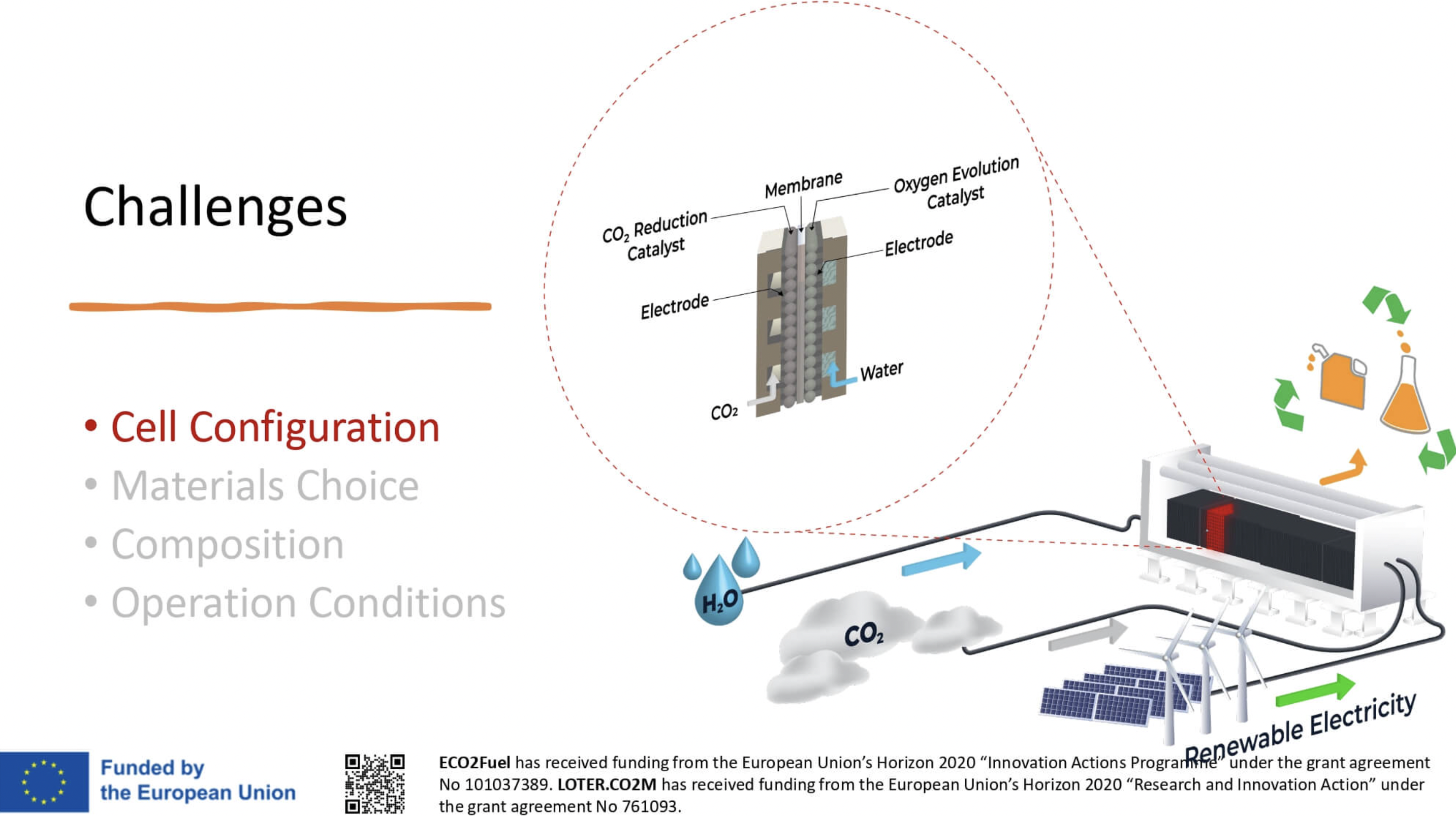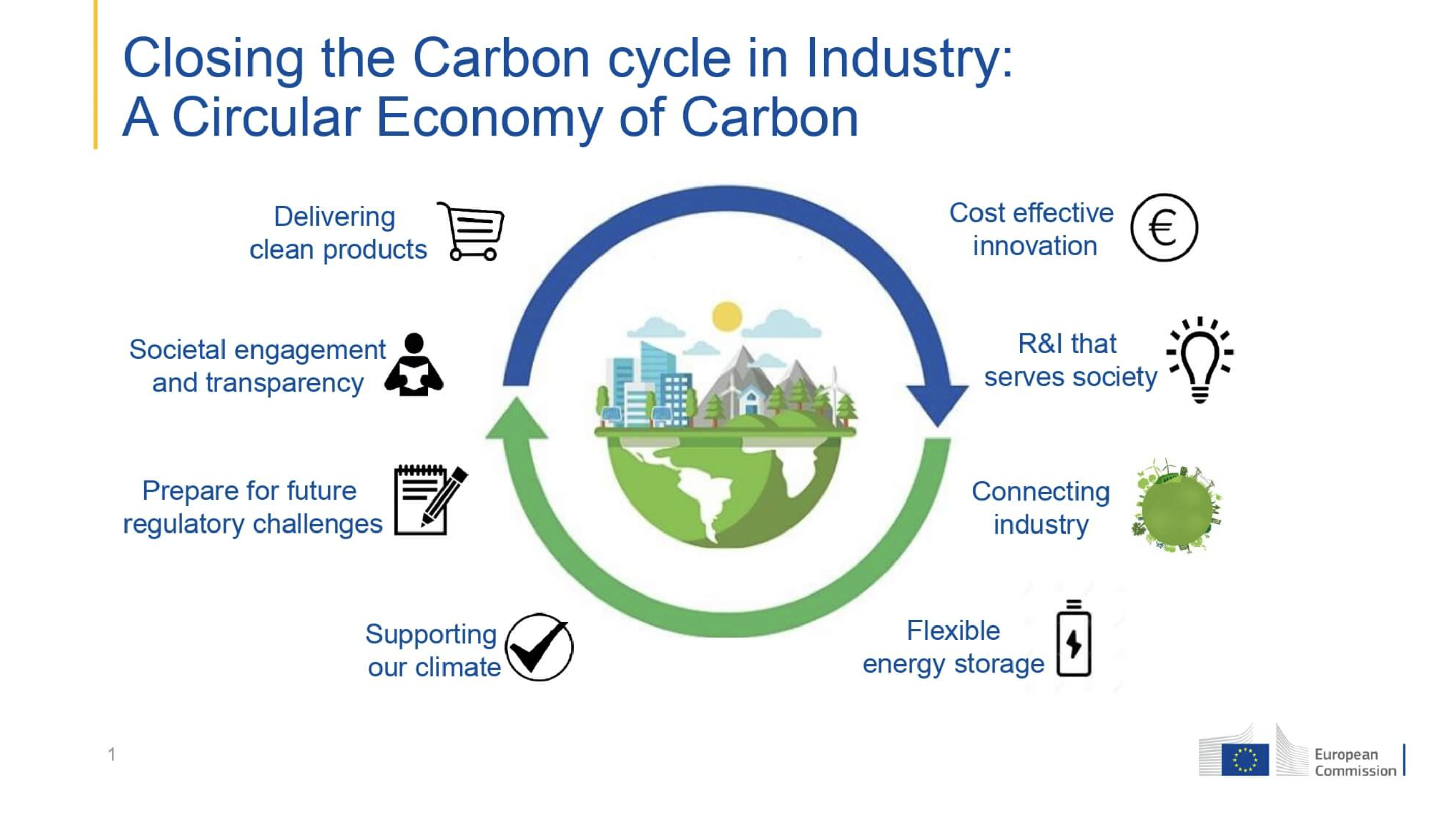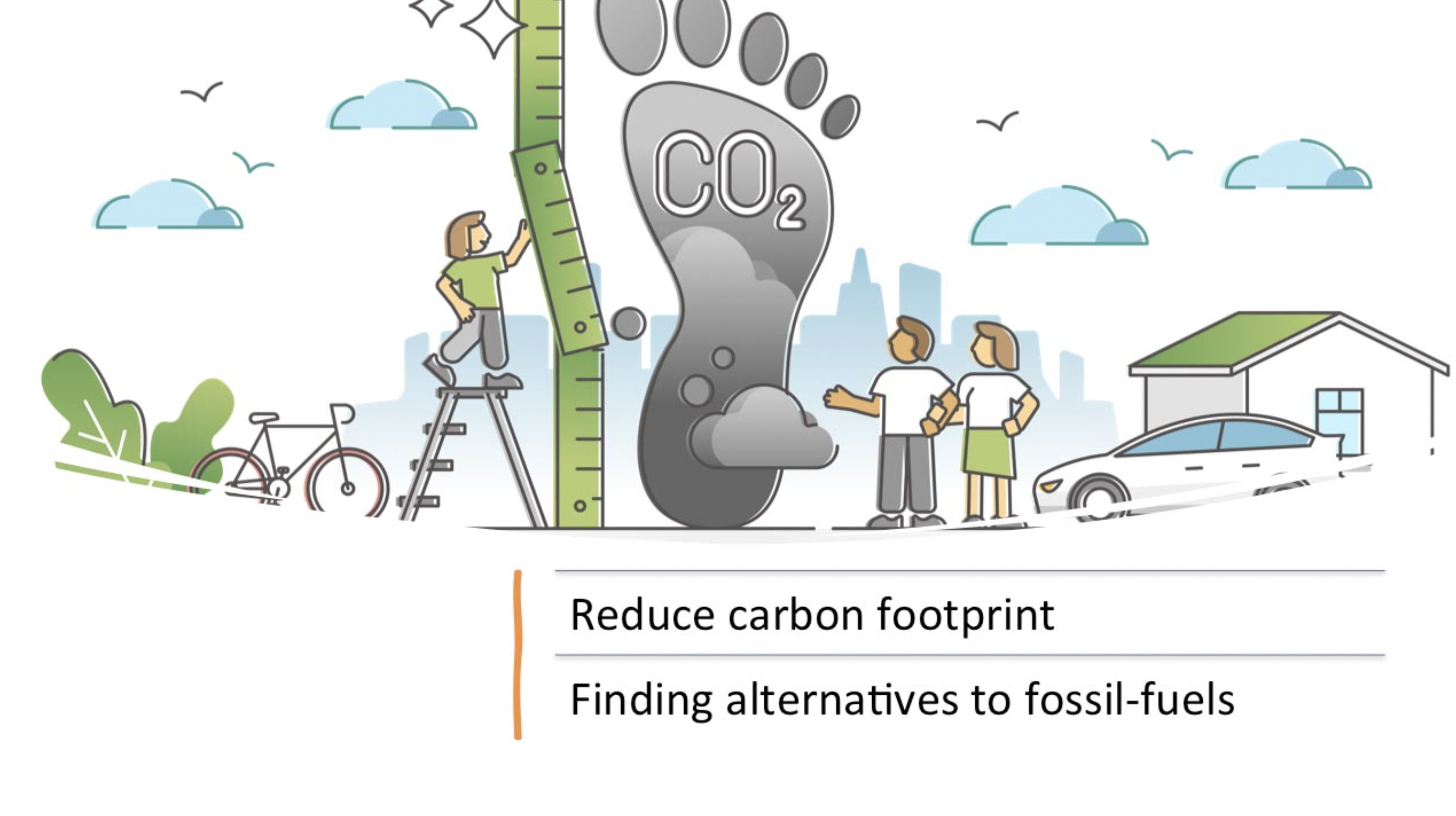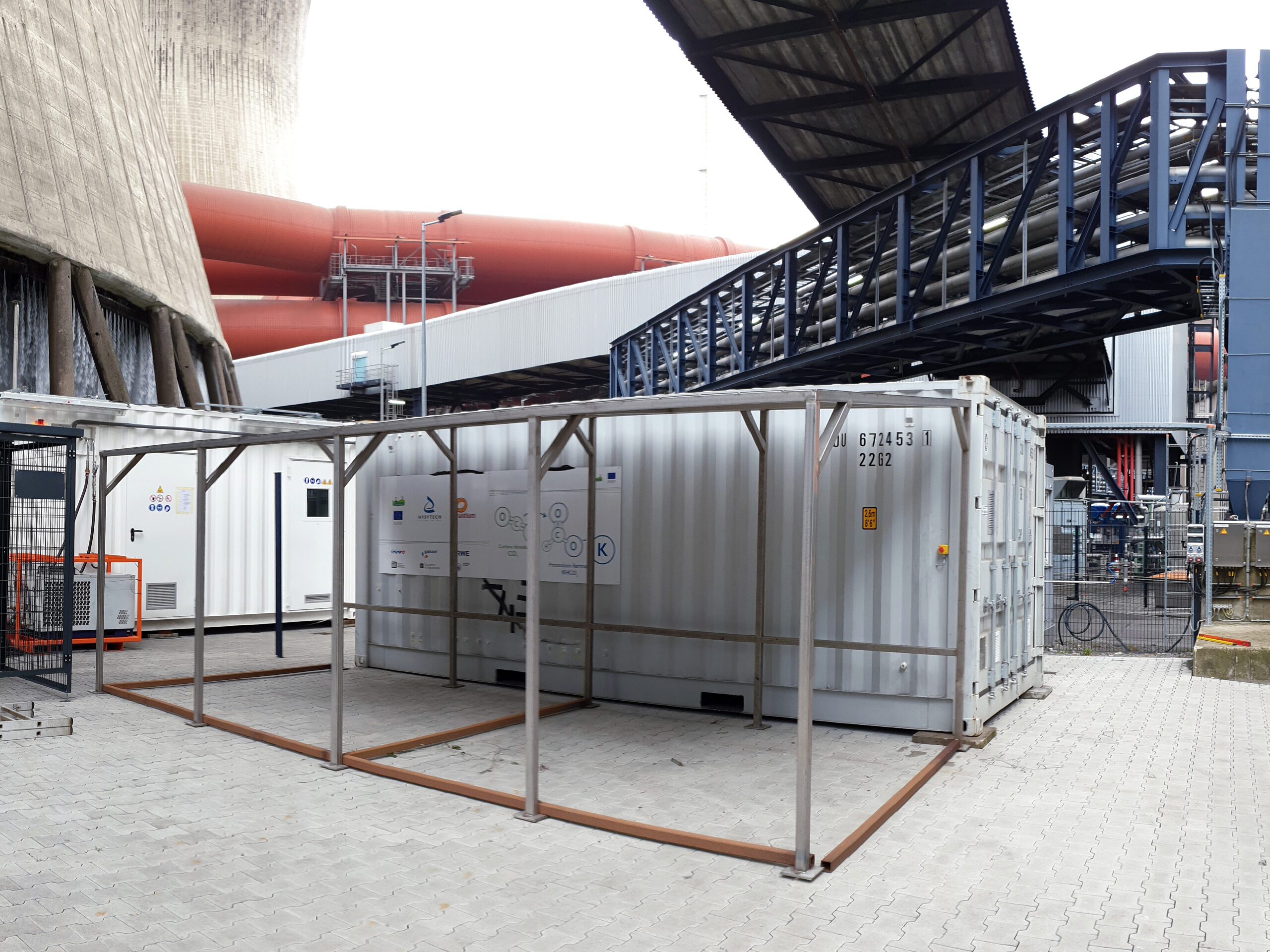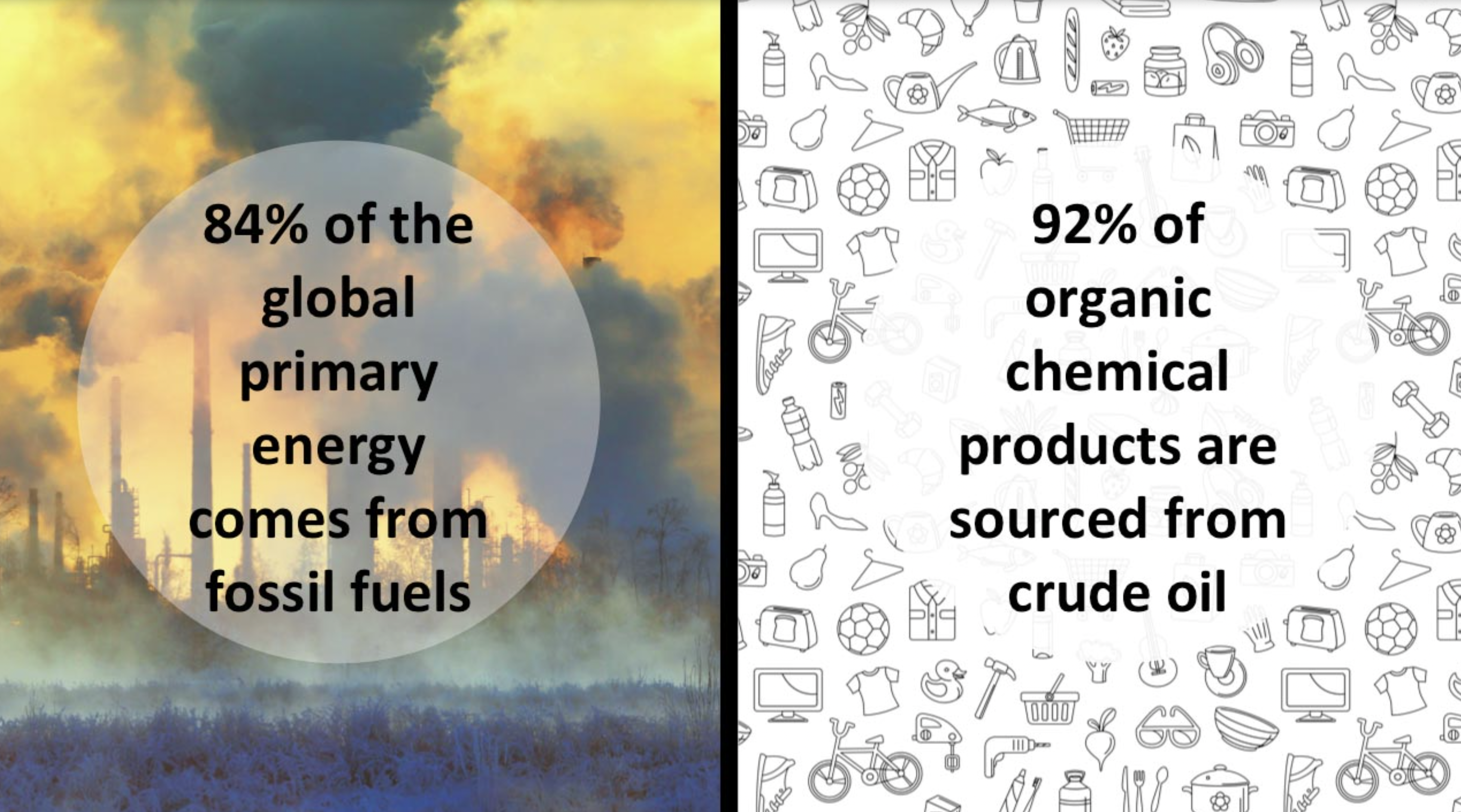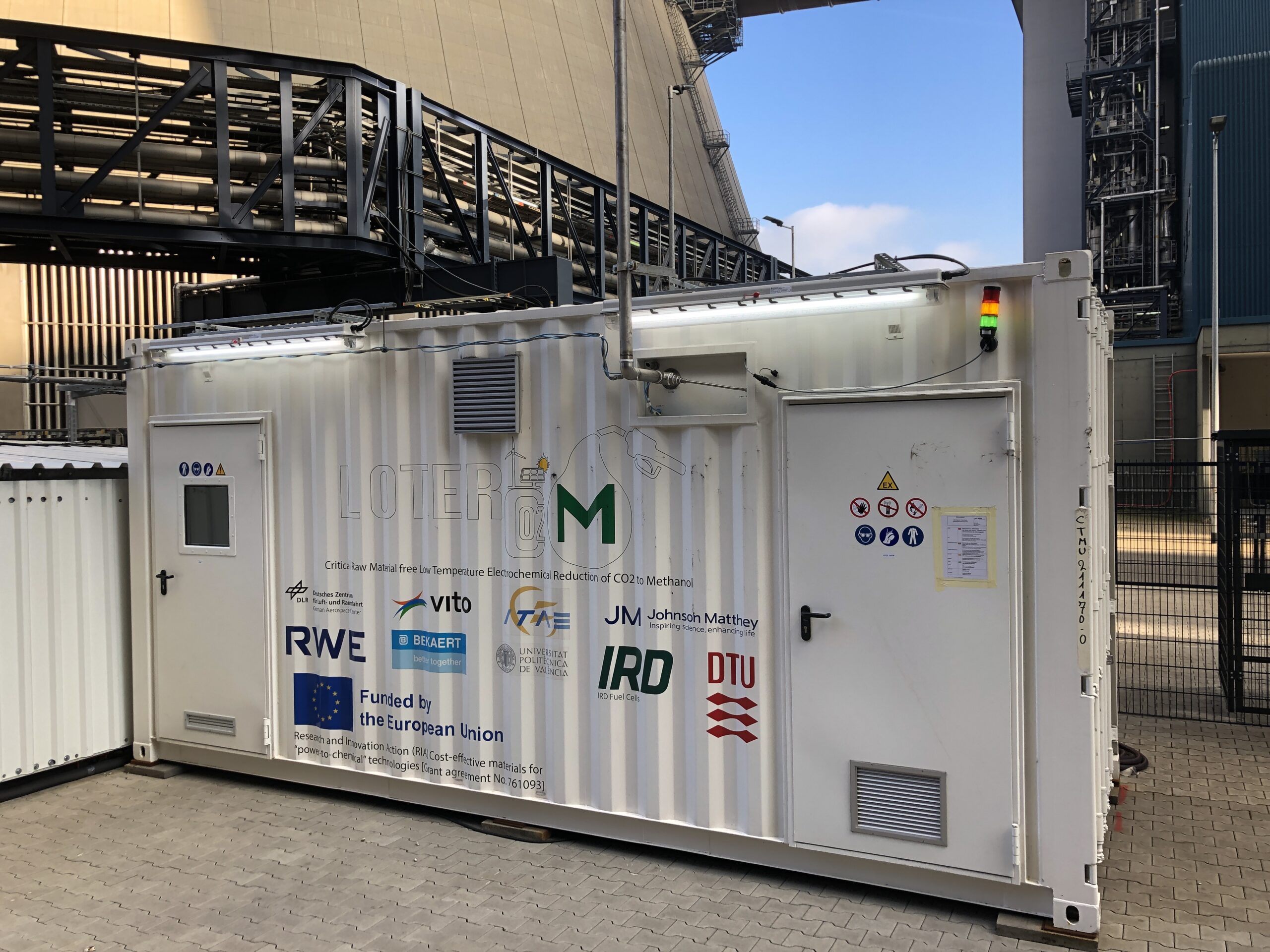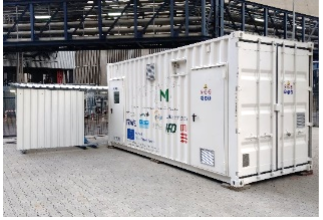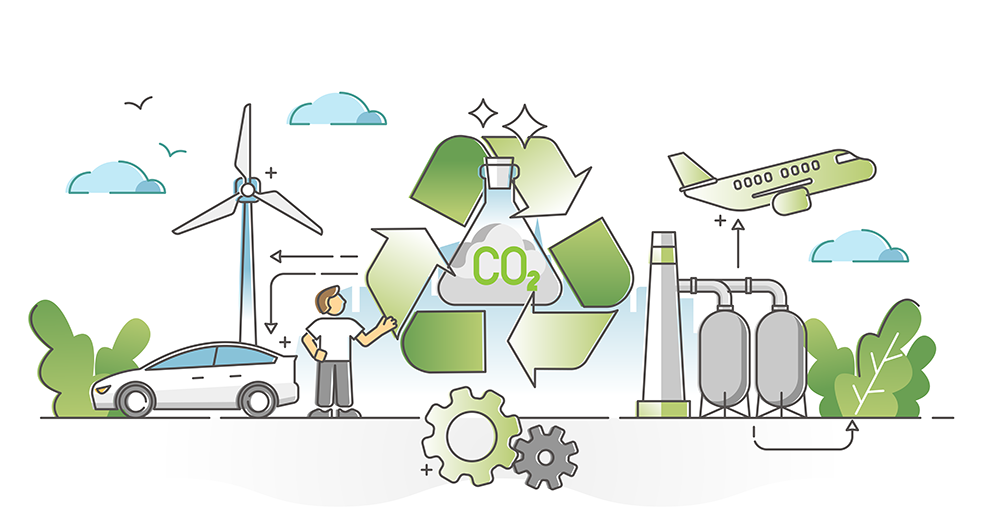Our project coordinator, Faria Huq from the German Aerospace Center (DLR), presented the ECO2Fuel project at the 245th ECS meeting in San Francisco, USA. This prestigious event provided an excellent platform to showcase the groundbreaking work being done under the ECO2Fuel initiative. Funded by the EU Horizon 2020, the project is making significant advancements in converting CO2 into valuable chemicals and fuels at low temperatures.

Faria about the key highlights and developments shared during the meeting:
“I’m happy to share that ECO2Fuel project was presented at the 245th ECS meeting in San Francisco, USA! 🚀
The ECO2Fuel project, funded by EU Horizon 2020, is dedicated to innovate cutting-edge technology that converts CO2 into valuable chemicals and fuels under low temperature conditions. 🌱
During my presentation, I have shared the development in terms of cathode’s gas diffusion electrode, anion exchange membrane and 50kW electrolyser for large-scale fuel and alcohol production via CO2RR. Our work delves into the fabrication of the catalyst layer on porous transport layer, and this plays an important role in achieving high faradaic efficiencies for carbonaceous fuel production.
I was delighted to present our work to highly sought out scientists and industry experts. Their interest in our progress continues to show how valuable and important it is continuing making development.
A huge thank you to my incredible project partners who continue to put their effort in making incredible breakthroughs. Together, we’re pushing towards developing renewable energy system that help to prevent greenhouse gas emission. 💪
Stay tuned for more updates as we continue to innovate and drive change in the energy sector!”

